News - Advertising
The fundamentalists of Das Kapital
by Iain Akerman
February 2, 2025
.jpg) Advertisement
AdvertisementThere appears to be some misunderstanding about Das Kapital, the new boutique agency founded by Hubert Boulos and Ramsey Naja. And that confusion surrounds its name. Instead of recognising its nod to Karl Marx’s seminal work of philosophy and economic theory, many have mistakenly assumed the agency is a financial startup.
Boulos laughs, as do I, but it’s an important point of confusion.
“It’s funny, but I like to work with people – whether they’re employees, ad hoc teams, or clients – who at least know what it is,” says Boulos, who met Naja at JWT way back in the early 2010s. “If they don’t know what it is, I don’t want to work with them. It’s not about adhering to the principles of Das Kapital, it’s about knowing what Das Kapital is. It’s intriguing and memorable, and I’d like to have a discussion about it at least. I’d like to know that the person sitting across the table from me knows what this is about.”
When Boulos and I meet, we do so at Ka’ak Al Manara in Dubai Media City. It’s mid-morning when I arrive and Boulos is ordering Turkish coffee and his favourite ka’ak – Akawi cheese with vegetables and a sprinkling of za’atar. As a veteran of the region’s advertising industry, he needs no real introduction. An outspoken former CEO of DDB Middle East and a one-time regional head of planning at JWT, he’s on a mission to make advertising great again. So much so that he has coined the hashtag #makeadvertisinggreatagain.
In the eyes of Boulos, advertising has become a dirty word. Technology – especially AI – has become a catch-all solution, while creativity has been relegated to the sidelines, reduced to an afterthought in a data-driven world. “If you talk about advertising, it’s like, ‘Oh my God, you’re old’. It’s completely passé,” he says. “I even have to sometimes say we develop content. What the fuck is content? It’s advertising. That’s where the hashtag comes from. I’m on a mission because it works, not because I think it’s cool. You ask me: ‘What does Das Kapital stand for?’ It stands for ideas. And people are scared of ideas. That’s why everyone hides behind technology, because it’s about the channels versus the ideas.
“When you’re like me and Ramsey, people say: ‘Oh, you guys are old. You don’t understand what’s going on.’ No, we do understand what’s going on. That’s the problem. Ideas work and we can prove it. If you look at the kind of things we do, it’s about ideas first. And for some clients, a solution is not advertising. Sometimes it’s about the packaging, sometimes it’s about rebuilding the retail with architects. You can either build the retail with architects and make it look nice. Or you can ask what’s the concept, what’s the idea, and how does it answer the problem and customers’ needs. And you need an idea to answer customers’ needs.”
The work that announced the arrival of Das Kapital to the world was What the Cup, a vending machine that can deliver more than 300 drinks.
Created for PepsiCo in Singapore, the duo were tasked with developing a positioning strategy, which led to the creation of the name. They also worked on the vending machine’s design with PepsiCo’s in-house design team and created short-format videos for social media. “I don’t know how many clients would buy a name for their brand that’s called What the Cup,” says Boulos, almost incredulously. Behind the crazy name, however, was a considerable amount of heavy lifting, says Naja, in terms of best practice and consumer sentiment. “Then we went mad,” he adds, attempting to suppress a chuckle. “But the madness was built on something very, very strong.”
The birth of What the Cup is also the origin story of Das Kapital. When Boulos was approached by PepsiCo, both he and Naja were no longer at DDB, although they had firm offers to join another global network. They opted instead for entrepreneurship. “Hubert said to me: ‘Look, there is this project for a former client of ours that I’d like your participation on,’” remembers Naja, who was previously DDB’s regional executive creative director. “Then one thing led to another and Hubert basically said: ‘You know what? I just established a company. It’s called Das Kapital. I registered it on the first of May.’”
“ Instead of saying ‘we’re open for business’, we got a client, then we opened for business,” adds Boulos with a smile. “We started without staff because we were asked to develop this overnight – find the name, strategy, positioning, and develop the content. The question now is, do we need staff, because we have more clients and it’s piling up.”
"What does Das Kapital stand for?’ It stands for ideas. And people are scared of ideas.”
– H.B.
As it stands, Das Kapital has no employees, no office, no hierarchy. Its founders aren’t even in the same country. When we meet, Boulos is in Dubai and Naja in Riyadh, although the latter is based in Beirut and the former spends part of the year in France. “I describe it very simply as a cloud agency,” says Naja, Das Kapital’s chief creative officer.
“It’s a cloud agency with a network of collaborators who are experts in their field. So it’s very agile – in the real sense of the term. It’s not like all the agility bullshit you get from all the anything-but-agile agencies. It’s agile because it’s very quick. We talk directly to the client, there’s no intermediary, and there’s no vested interest whatsoever.”
“We realised that by not having permanent staff you can calibrate your staffing needs according to the client,” explains Boulos, who is the agency’s chief executive. “So we build teams according to the category we’re working in. And luckily there are many people who do not want to go back to the corporate world. So I hire many of my former clients, who were CMOs at major companies, and bring them back on my team as consultants. If you walk into a meeting with the former regional CMO of a major brand it takes the meeting to another level. That’s where we realised that we can build ad hoc teams for fashion, for automotive, for FMCG. And that’s why our staff has to be very lean, because I’d rather invest in expertise and build ad hoc teams. As Ramsey puts it: ‘It’s thinking heads, no overheads’.”
“What is the one absolute, true, fundamental at the heart of advertising? Persuasion. We are in the business of persuasion. I don’t care about all of the novelty, innovation, and AI.”
—R.N.
This may not always be the case, of course. Although the agency has no retainers and only works on projects, as the workload builds up they may be forced to assemble a core team at least, most probably in Beirut. Will that team consist of full-timers? Or ‘freelancers with desks?’
“We’ll see how we go,” replies Naja, a former chief creative officer for the Middle East and Africa at JWT. “But that’s for later. If you want to do boutique, you act like a boutique. You don’t act like everybody else. I describe it in terms of fashion. You’ve got the Zaras, you’ve got the Massimo Duttis, you’ve got Armani Exchange. But you also have Armani Privé. We want to be Armani Privé because we cannot do anything else. It would be silly to pretend otherwise. We’re high level solutions with a lot of grey hairs to help. The grey hairs are like the strands of experience. They’re data. They’re all the things that I’ve been through that have taught me a hell of a lot of things.”
Although the agency is led by its founders, who assemble teams of partners and freelancers depending on any given project, two others are already onboard. Virginie Biard has joined as a partner and Das Kapital’s chief client officer, while Capucine Chotard is the agency’s chief creative officer for the French market. Biard, like Naja, is a long-term friend of Boulos, whom he has known for more than 20 years. Chotard is a more recent acquaintance but representative of the boutique agency’s focus on France as well as the Middle East.
"We need project management and deliverables, while the added value has to come from our system, which is unique,” believes Boulos. “That system brings in ad hoc teams with super senior people who are specialists on a given subject. And that’s how it has to work. Let me be clear. I love agencies. I love advertising. We just have to do it differently to exist, otherwise there’s no point opening an agency and adapting to the new world.”
“I’ll tell you what we are,” adds Naja. “Hubert and I are fundamentalists. Fundamentalists of advertising. What is the one absolute, true, fundamental at the heart of advertising? Persuasion. We are in the business of persuasion. I don’t care about all of the novelty, innovation, and AI. My job is to persuade people using whatever is at my disposal, be it the most basic tools or the most advanced AI. I don’t care, as long as I deliver solutions that are based on persuading people. This is the job. Persuading people to buy stuff, persuading people to use stuff, persuading people to act or behave differently. That’s what we do.”
This article was first published in ArabAd Q4 - 2024 special KSA print edition


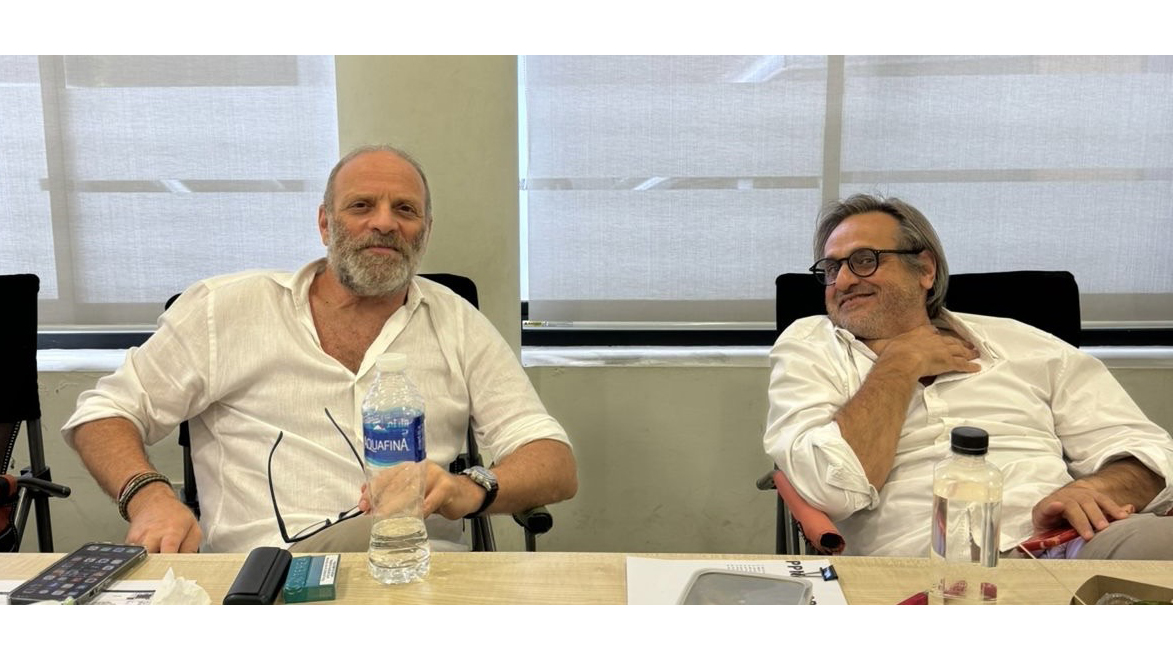



.jpg)
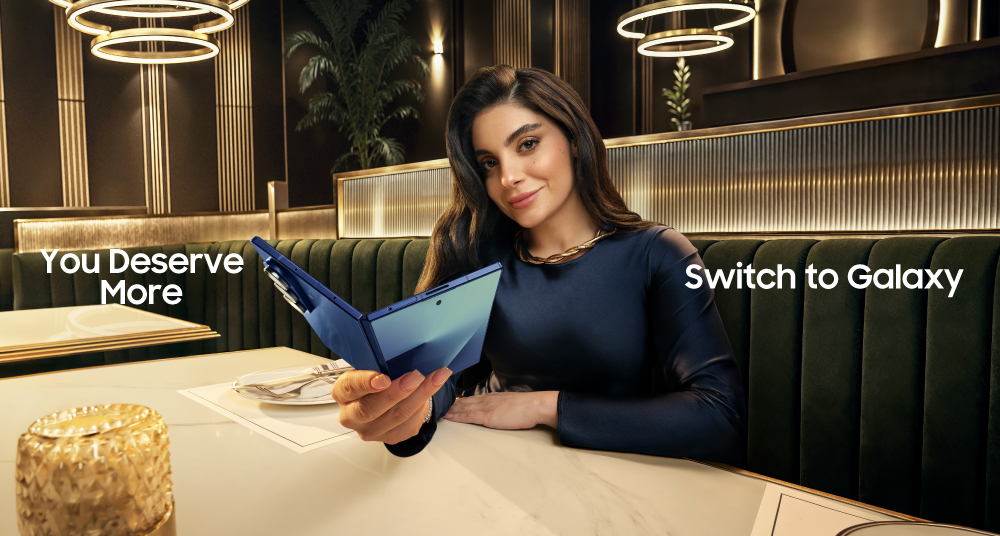
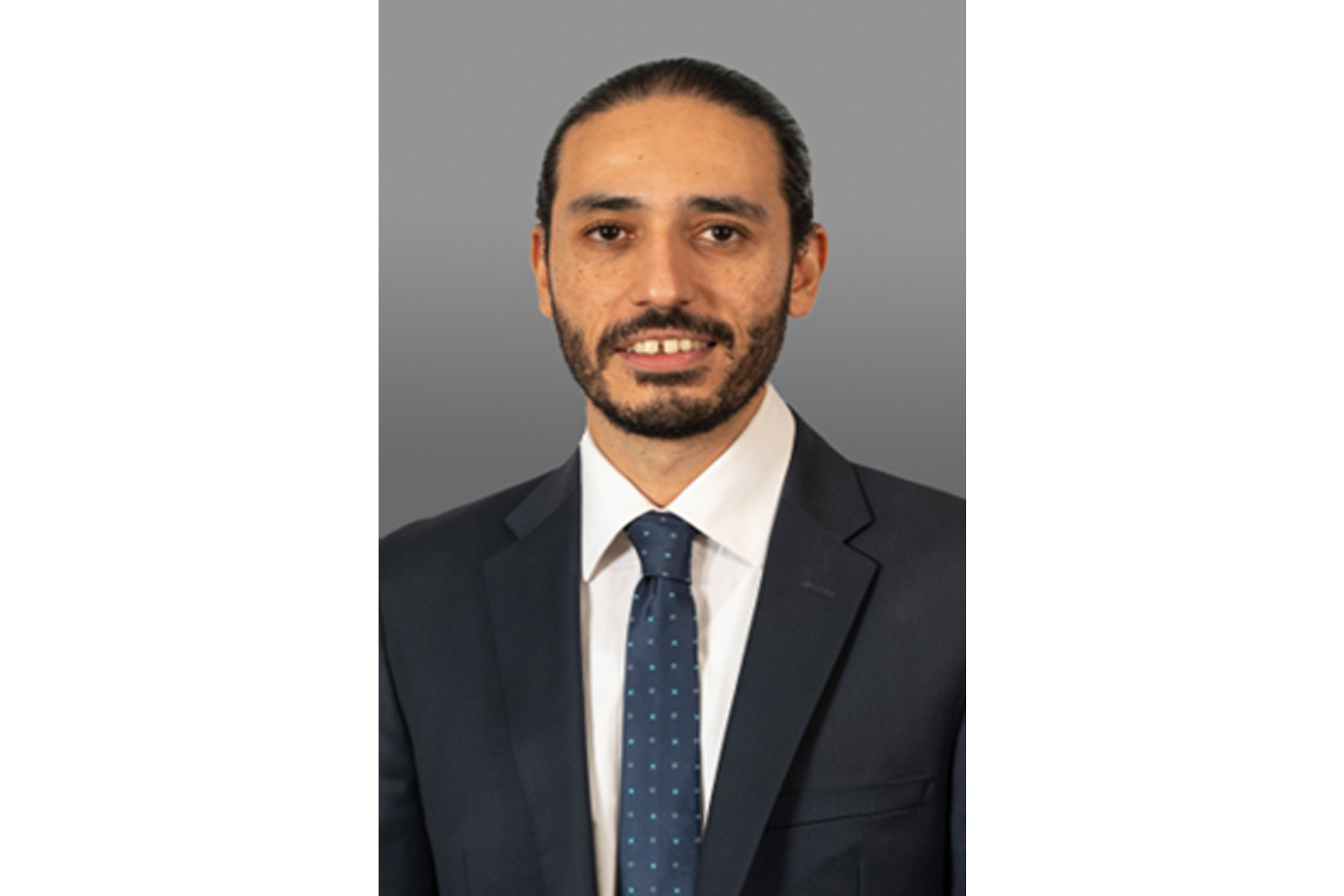
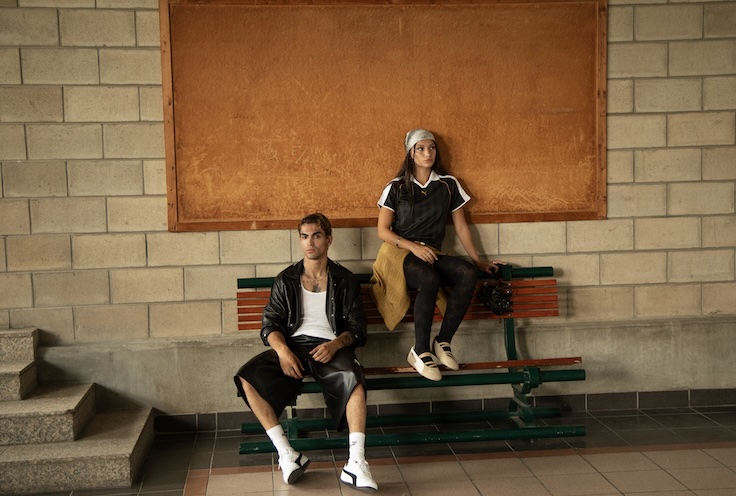
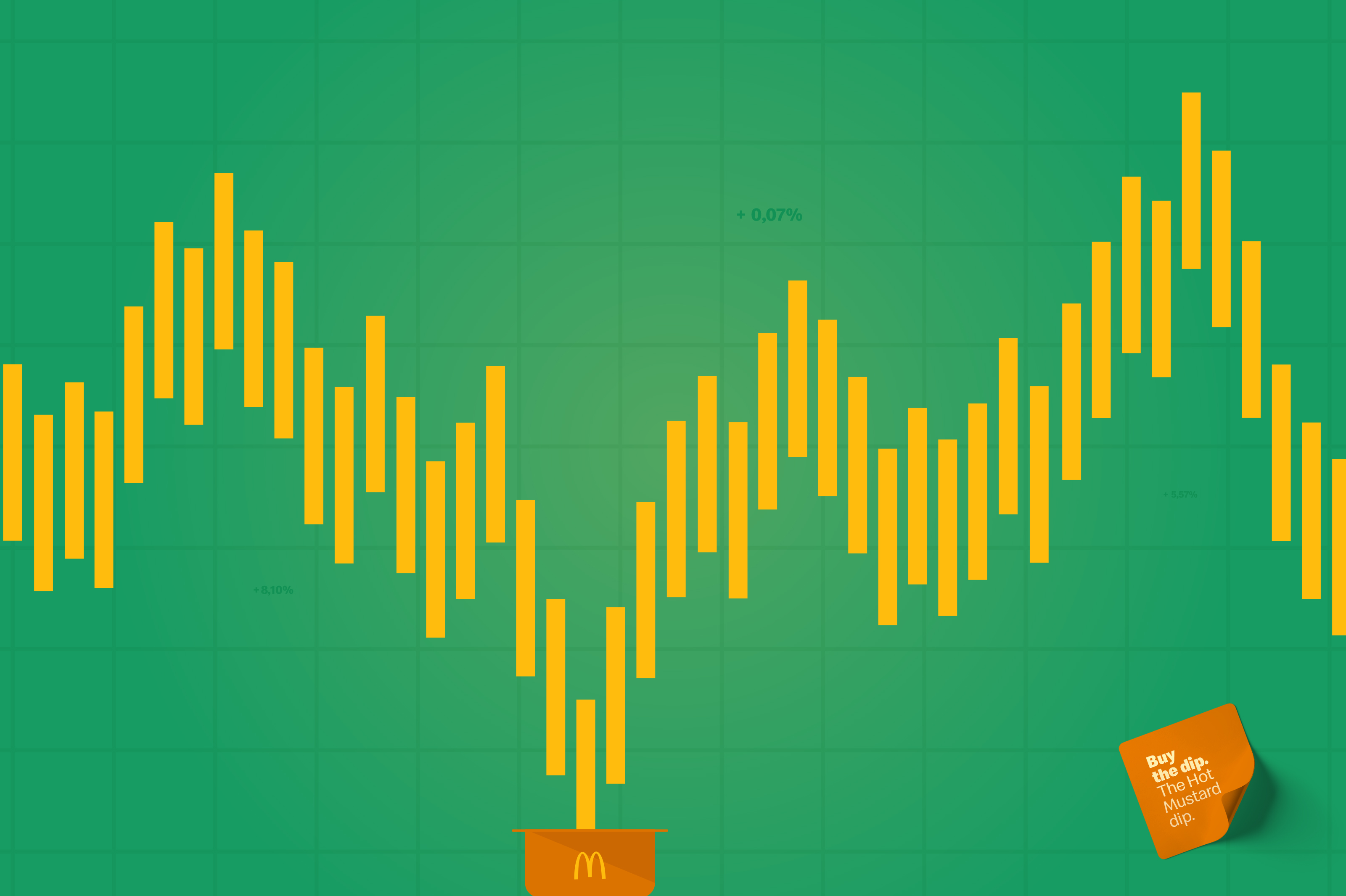
.jpg)




